Best Seasons for Concrete Installations in Aurora
Concrete installations are most effectively performed during specific weather conditions to ensure durability and proper curing. The optimal times are generally during mild temperatures with low humidity and minimal precipitation. In Aurora, Illinois, the ideal seasons are late spring through early fall when the weather is warm and stable.
Spring offers moderate temperatures and longer daylight hours, making it suitable for concrete work. However, early spring can be unpredictable with fluctuating weather patterns.
Summer provides warm weather conducive to curing. Care must be taken to prevent rapid drying due to high temperatures and direct sunlight, which can cause cracking.
Fall is also a good time for concrete projects, with cooler temperatures that help control curing times. Early fall is preferred to avoid the onset of winter conditions.
Winter is generally unsuitable for concrete installation in Aurora due to cold temperatures, snow, and ice, which hinder proper curing and can damage the concrete.
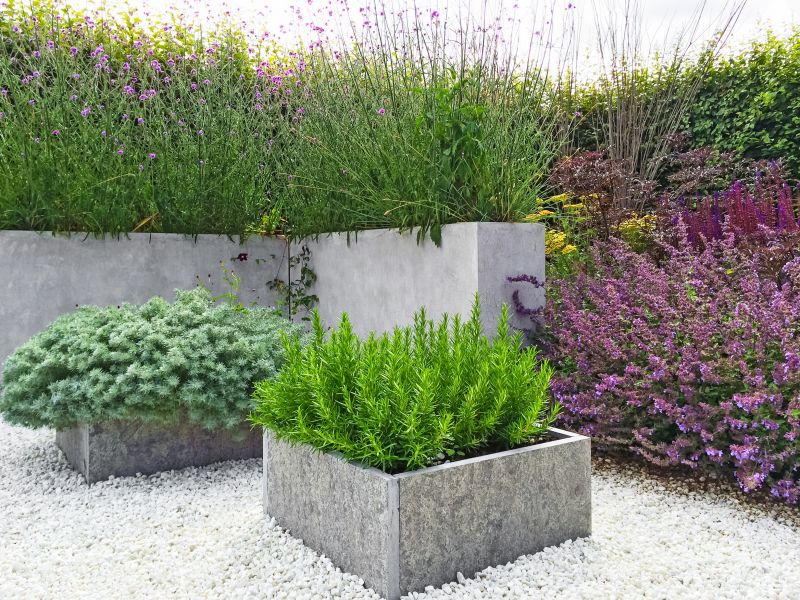
Ways to make Concrete Installations work in tight or awkward layouts.
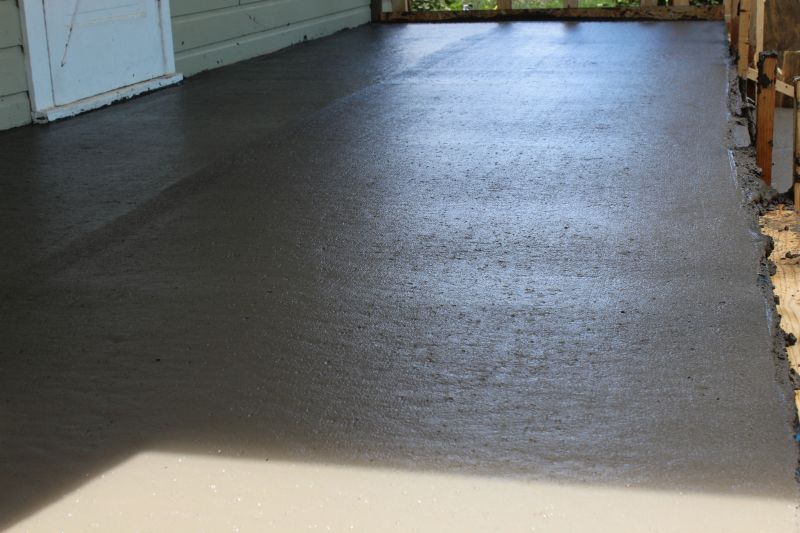
Popular materials for Concrete Installations and why they hold up over time.
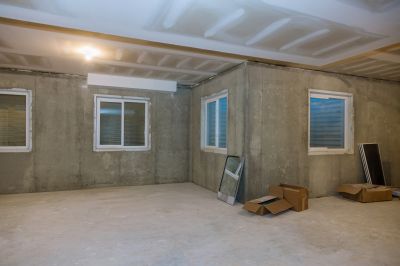
Simple add-ons that improve Concrete Installations without blowing the budget.
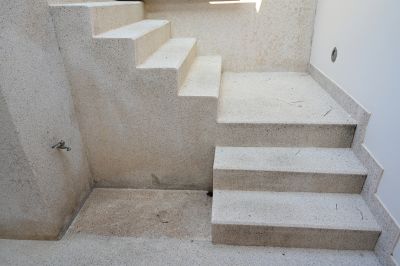
High-end options that actually feel worth it for Concrete Installations.
| Season | Optimal Conditions |
|---|---|
| Spring | Moderate temperatures, longer days, some unpredictability |
| Summer | Warm, stable weather, risk of rapid drying |
| Fall | Cooler temperatures, ideal for curing, early fall preferred |
| Winter | Cold temperatures, snow, and ice make installation unsuitable |
Concrete installations require careful planning to align with weather conditions that promote proper curing and strength development. Temperature ranges between 50°F and 85°F are considered ideal, with low humidity and minimal wind. Proper timing reduces the risk of cracks, surface defects, and reduced lifespan of the finished surface. In Aurora, scheduling concrete work during late spring through early fall ensures the best results, minimizing weather-related issues.
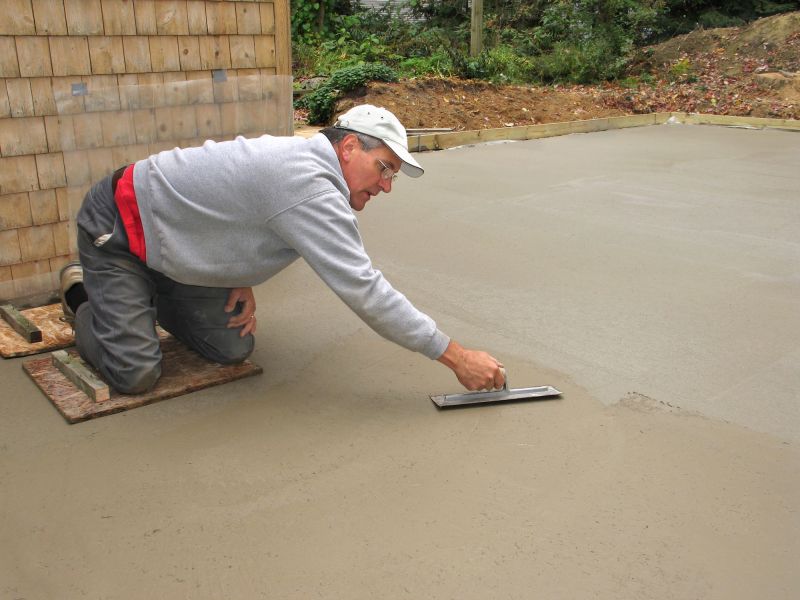
Proper curing is essential for strength and durability. Optimal weather conditions support effective curing.
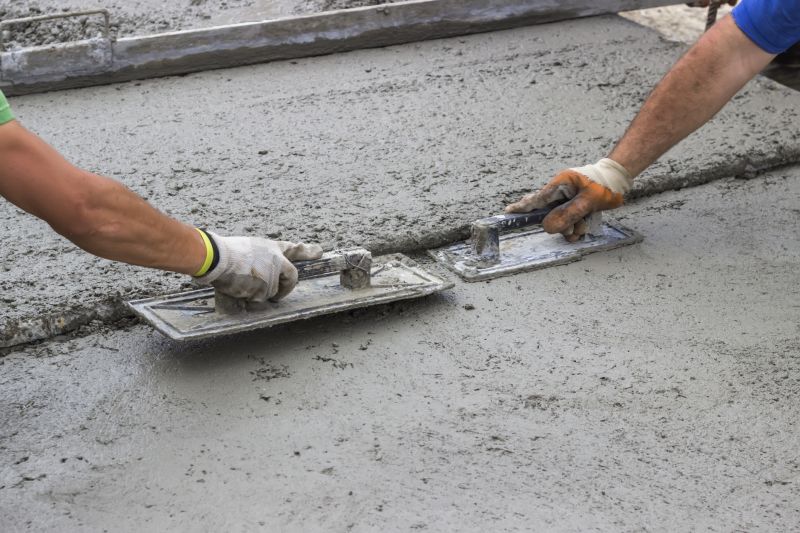
Temperature fluctuations can affect setting times and surface integrity.
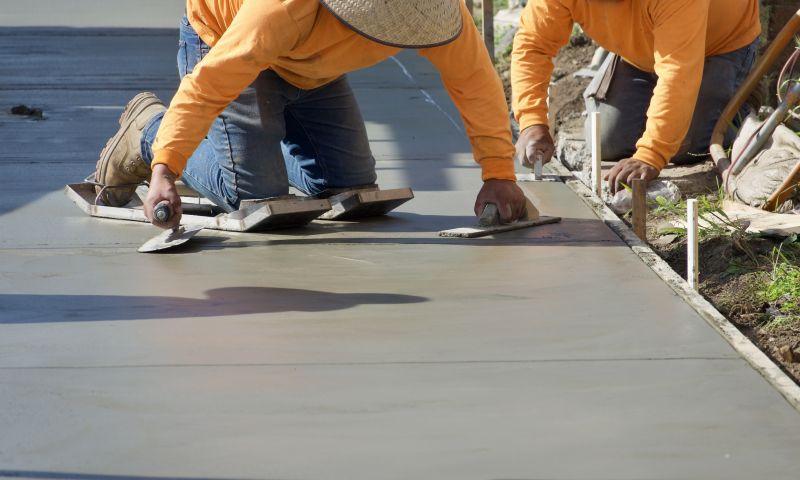
Monitoring weather forecasts helps in scheduling concrete projects effectively.
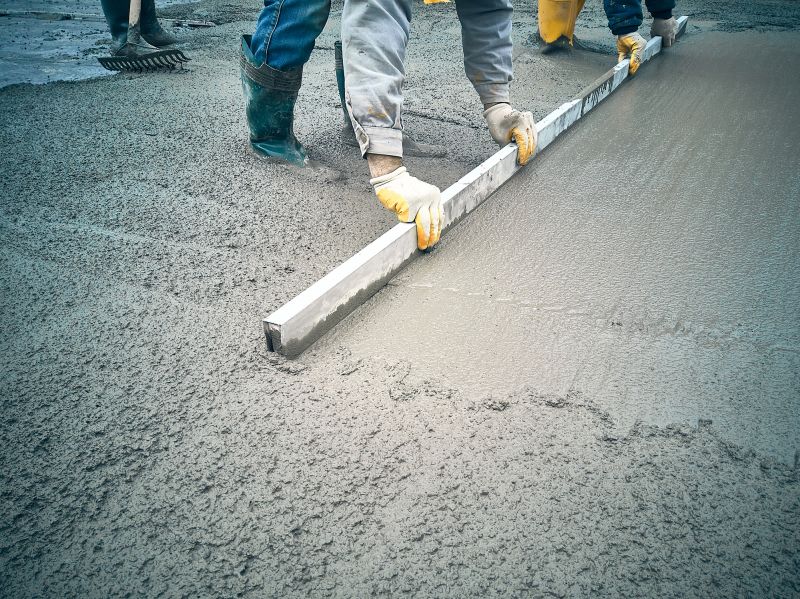
Preparing the site during suitable weather conditions ensures a smooth installation process.
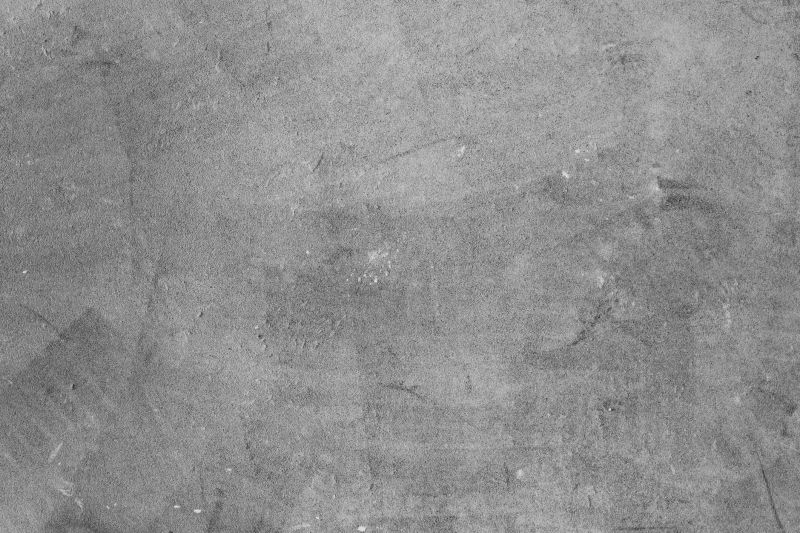
Finishes and colors that play nicely with Concrete Installations.
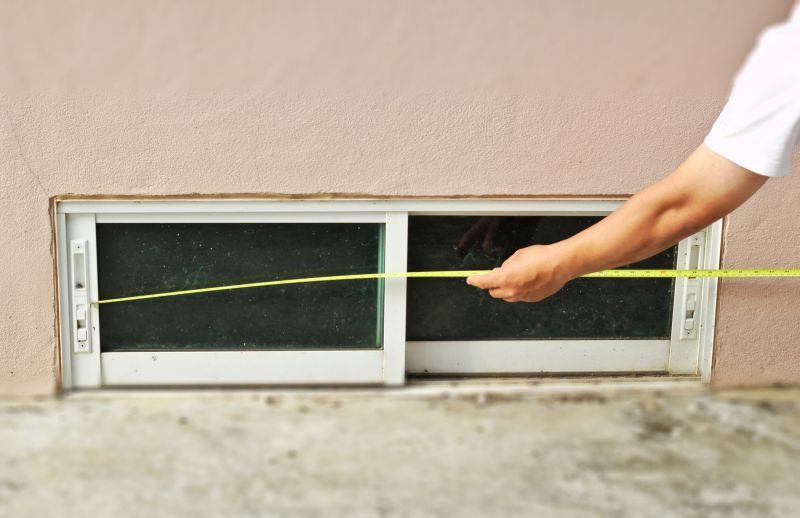
Little measurements that prevent headaches on Concrete Installations day.
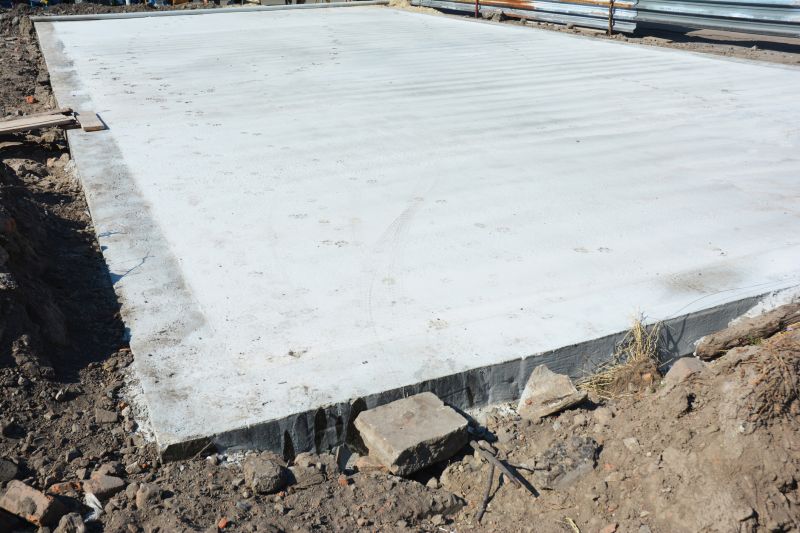
A 60-second routine that keeps Concrete Installations looking new.
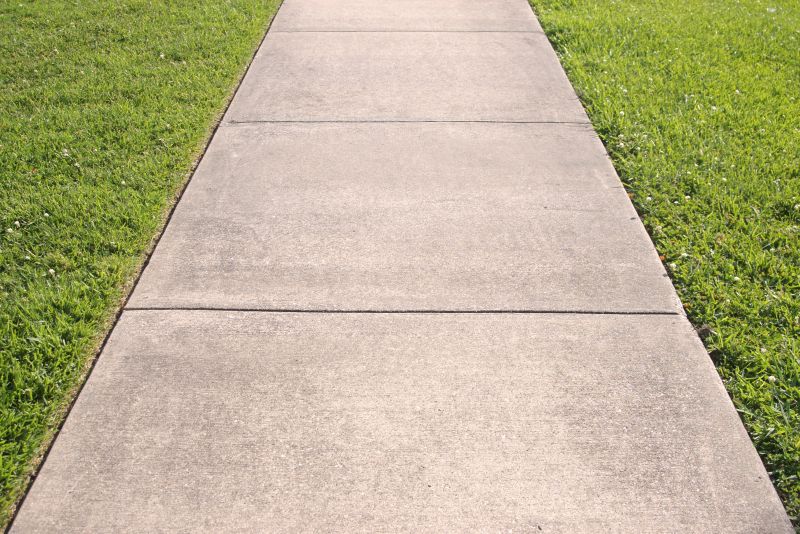
A frequent mistake in Concrete Installations and how to dodge it.
Choosing the right time for concrete installation is crucial for long-term performance. Proper planning and awareness of weather patterns can prevent common issues such as cracking, surface scaling, and reduced structural integrity. Consulting with professionals experienced in local climate conditions can help determine the best schedule for each project.

Small tweaks to make Concrete Installations safer and easier to use.

Weather conditions during installation impact the durability of concrete surfaces.

Professional assessment ensures optimal timing for concrete projects.

Proper curing and timing extend the lifespan of concrete surfaces.

Lower-waste or water-saving choices for Concrete Installations.

The short, realistic tool list for quality Concrete Installations.

Rough timing from prep to clean-up for Concrete Installations.

Quick checks and paperwork to keep after Concrete Installations.
Interested in scheduling a concrete installation? Filling out the contact form can provide access to expert guidance tailored to Aurora's climate, ensuring the best possible results for any concrete project.
